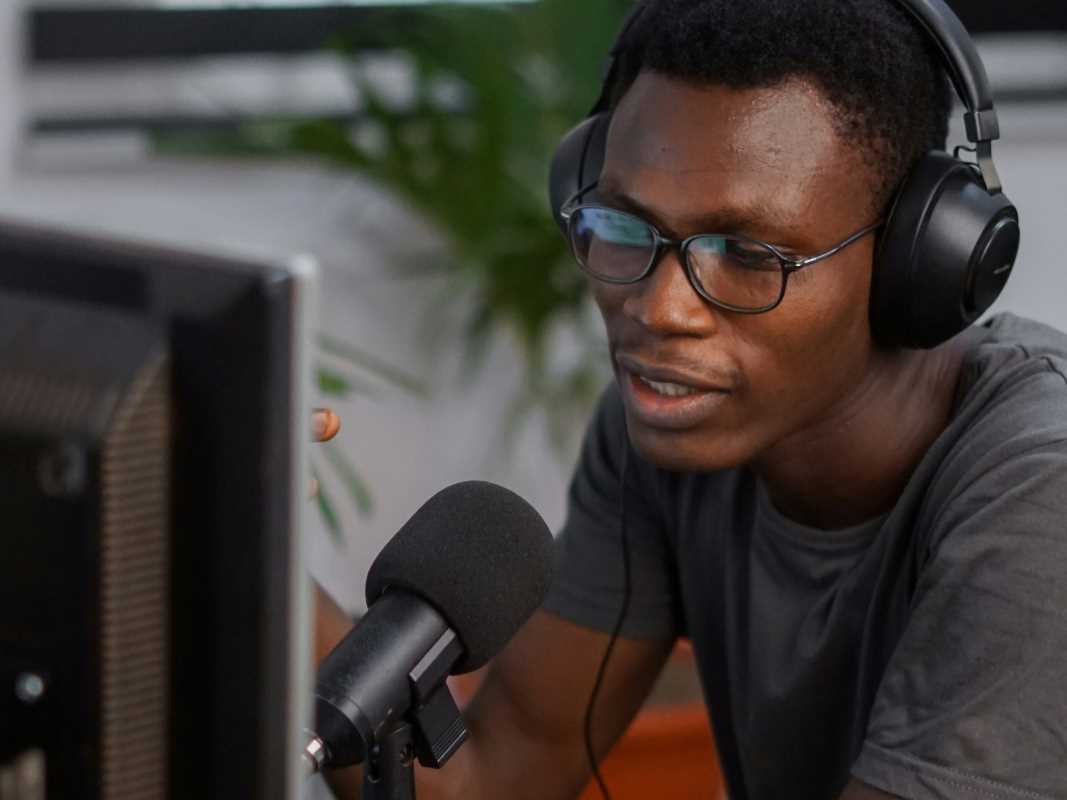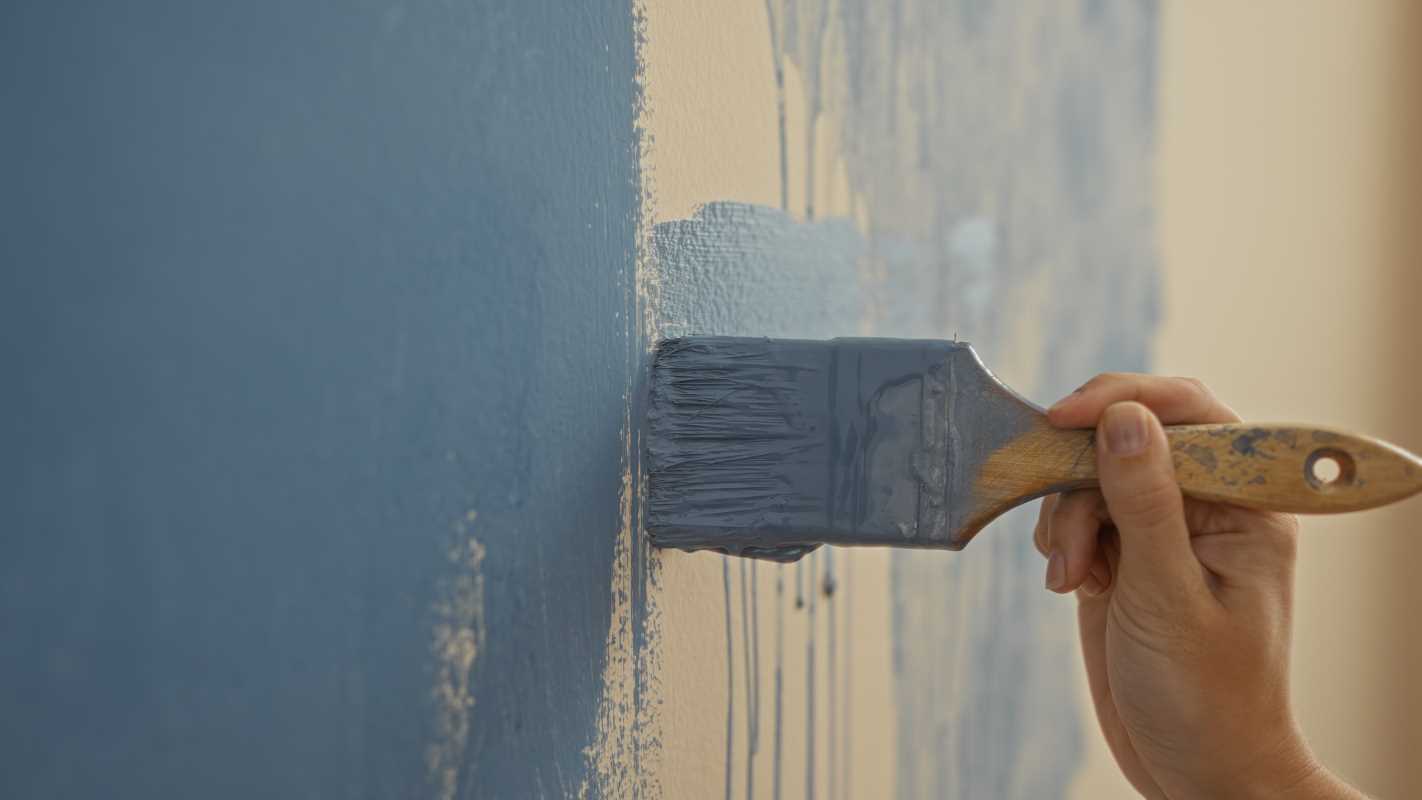Fresh out of college, you might feel like you've got everything figured out after years of studying, cramming for exams, and mastering the art of the perfect research paper. But here's the thing about real life – it's going to throw curveballs at you that your degree never prepared you for, and that's actually the best part.
Remember being a kid and trying to ride a bike for the first time? You probably fell down a bunch of times, scraped your knees, and maybe even cried a little. But you got back up because the idea of zooming around the neighborhood was too exciting to give up on. That fearless approach to sucking at something new is exactly what you need to rediscover as an adult.
Why We Avoid Being Bad at Things
Let's be honest – being bad at something feels awful. After spending four years building expertise in your major, the thought of being a complete beginner again can feel like a step backward. We've been conditioned to believe that struggling equals failure, and failure equals being less worthy somehow.
Social media doesn't help either. Everyone's posting their highlight reels, making it look like they're naturally gifted at everything from cooking to coding to creating TikTok dances. What you don't see are the dozens of failed attempts, the frustration, or the messy learning process that happens behind the scenes.
But here's what they don't tell you in college: being bad at something is actually a superpower in disguise. It means you're pushing beyond your comfort zone and growing in ways that staying safe never could.
The Science Behind Learning New Things
Your brain is basically a learning machine that gets stronger every time you challenge it with something new. When you attempt a skill you're not good at, your brain starts forming new neural pathways – think of them as tiny highways connecting different parts of your mind.
This process is called neuroplasticity, which is just a fancy way of saying your brain can rewire itself throughout your entire life. The more you practice something difficult, the stronger these pathways become. It's like going to the gym, but for your brain.
Research shows that people who regularly engage in activities where they struggle initially tend to be more resilient, creative, and adaptable. These are exactly the skills employers are looking for, by the way. So that pottery class where your bowls keep collapsing? You're actually building valuable life skills.
Finding Your "Bad At" Adventure
The key is choosing something that genuinely interests you, even if you have zero natural talent for it. Maybe you've always wanted to learn guitar but convinced yourself you're "not musical." Or perhaps you're curious about rock climbing but think you're too uncoordinated.
Start by making a list of things you've always wanted to try but talked yourself out of. Don't worry about being good at them – that's not the point. The goal is to find something that sparks your curiosity enough to keep going even when it gets frustrating.
Consider activities that use different parts of your brain than your college major did. If you studied business, try painting. If you were an English major, experiment with coding. This cross-training effect can actually make you better at your main skills too.
The Art of Sucking Gracefully
Here's the secret that no one tells you: there's a right way and a wrong way to be bad at something. The wrong way involves getting frustrated, comparing yourself to others, and giving up when progress feels slow. The right way? Embrace the mess.
Set expectations that match reality. You're not going to be amazing right away, and that's perfectly normal. Instead of aiming to be good, aim to be consistent. Show up regularly, even when you don't feel like it. Progress in small increments adds up to major breakthroughs over time.
Celebrate tiny victories. Did you finally hold that yoga pose for five seconds without falling over? That's worth acknowledging. Did your attempt at baking bread actually resemble bread this time? Victory dance time. These small wins build momentum and keep you motivated through the inevitable rough patches.
Learning to Love the Process
One of the most valuable lessons you can learn is how to find joy in the journey rather than obsessing over the destination. When you're bad at something, you're forced to focus on the process because there's no impressive end result to show off yet.
This shift in mindset is incredibly liberating. Instead of worrying about looking foolish, you can focus on the pure satisfaction of learning. There's something magical about those moments when something clicks and you understand a concept that seemed impossible just days before.
The process also teaches you patience with yourself, which is a skill that will serve you well in every area of life. Learning to be kind to yourself when you're struggling creates a foundation of self-compassion that makes everything else easier.
Building Resilience Through Struggle
Every time you stick with something you're bad at, you're building resilience muscles. This isn't just feel-good psychology – it's practical preparation for the challenges ahead in your career and personal life.
The job market is constantly changing, and the skills that got you through college might not be enough in five or ten years. People who are comfortable with being beginners again have a huge advantage because they can adapt quickly to new requirements.
Plus, when you've proven to yourself that you can learn difficult things, you approach new challenges with confidence rather than fear. That presentation your boss wants you to give? The side project you're considering? The career pivot you've been thinking about? They all feel more manageable when you know you can figure things out as you go.
Creating a Learning Lifestyle
Make being bad at something a regular part of your routine. This doesn't mean you need to become a serial hobbyist who never sticks with anything. Instead, think about incorporating learning challenges into your existing schedule.
Maybe it's dedicating Sunday mornings to sketching, even though your drawings look like they were done by a five-year-old. Or spending your lunch breaks practicing a new language, stumbling through basic conversations. The specific activity matters less than maintaining the habit of pushing yourself into unfamiliar territory.
Connect with other beginners when possible. There's something incredibly bonding about struggling through something new with other people who are also figuring it out. You'll laugh at your mistakes together and celebrate each other's progress.
The Long Game
Here's the beautiful truth about being bad at something: it's temporary. Every expert you admire was once exactly where you are now – confused, frustrated, and probably making a lot of mistakes. The only difference is they kept going.
Some of the most successful people in the world are those who got comfortable with being uncomfortable. They learned early that growth happens in the space between where you are and where you want to be, and that space is often messy and uncertain.
So go ahead – sign up for that class, download that app, or dust off that old dream you put aside because you didn't think you were good enough. The worst thing that can happen is you'll learn something new about yourself. The best thing? You might discover a passion you never knew you had.







